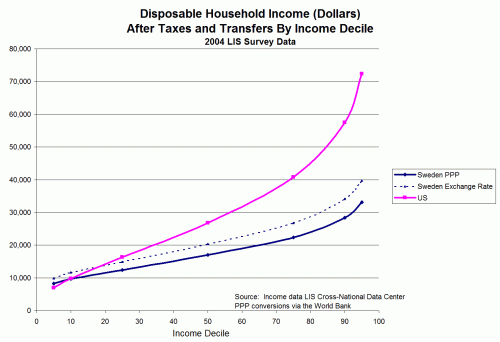Who's To Blame for the Corporate State?
It's a topic we have discussed many times on this blog -- are politicians at fault for handing out taxpayer money, or are corporations at fault for taking it? Are businesses at fault for asking for special favors or politicians at fault for granting them. This article from the Federalist discusses this conundrum in the context of sports stadium subsidies.
Its a chicken and egg problem that I see more and more, and my general answer is everyone. The real answer is that the fault lies with having given government these powers in the first place. If the government has the power to transfer wealth and regulate by decree, then some businesses are going to access that power to squash their competitors and politicians are going to use that power to get reelected.
The classic retort that "if we only had the right people in office..." wears thin. There are no right people. Good people are naturally corrupted by the incentives of the office. Further, they are increasingly weeded out of the political process -- when wielding power to aid political cronies is a prerequisite for winning office, then it is hard to fathom how we possibly could ever get people in power who will not ... wield power to aid political cronies. According to the Left, this Administration was to be, finally, the perfect group that would wield power as it was meant to be wielded. And the corporate state is worse than ever.







